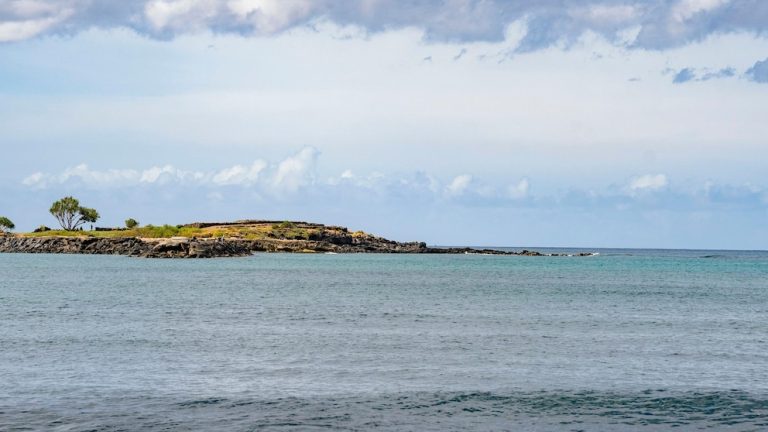Introduction to Sustainable Living in Dubai
The City of Dubai, known for its towering skyscrapers and luxurious lifestyle, is also making significant strides towards sustainable living in the desert. The region, predominantly characterized by arid landscapes, juxtaposes luxury with sustainability, necessitating a harmonious relationship between development and environmental preservation. With the UAE government’s commitment to sustainability, Dubai has launched several eco-friendly initiatives aimed at improving residents’ and visitors’ lives while minimizing the city’s carbon footprint.
Dubai’s Commitment to Eco-Friendly Energy Sources
At the heart of sustainable initiatives in Dubai lies a push for renewable energy. The Dubai Clean Energy Strategy 2050 encompasses an ambitious plan to achieve 75% of the city’s energy needs through clean sources. A landmark institution that has bolstered this project is the Mohammed bin Rashid Al Maktoum Solar Park, which is set to become the largest single-site solar park in the world, aiming to produce 5,000 megawatts of renewable energy. By harnessing Dubai’s sun-drenched days, solar energy offers a sustainable alternative that mitigates reliance on fossil fuels, showcasing the unique path Dubai aims to traverse in combining modernity with ecological responsibility.
Green Buildings and Urban Development
Real estate and construction reflect Dubai’s shift towards sustainability as well. The government mandates strict building regulations under the Dubai Green Building Code to ensure new constructions minimize their environmental impact. This includes insulation standards, the use of durable materials, and choosing technology to optimize energy efficiency. Iconic sustainable buildings, including the Burj Khalifa—a traditional skyscraper adorned with wind turbines for renewable energy—serve as benchmarks for sustainable urban design. Initiatives like The Sustainable City aim to create green, self-sufficient residential communities supporting efficient energy use, water conservation, and premium lifestyle choices. Green cites, alongside basic waste sorting initiatives, stimulate environmentally sustainable behavior among residents, continually probing the future of urban eco-practices within a desert environment.
Community Engagement in Sustainability Practices
Sustainable living is also about embracing an ecological consciousness at grassroots levels. Tree-planting initiatives, focused on native species logical to the desert ecosystem, mobilize communities toward caring for their natural surroundings. Programs endorsed by local organizations encourage residents and schools to impact greening initiatives actively, featuring campaigns for the preservation of fauna. Creative programs such as the annual Dubai Clean Up bring volunteers together, aiming to highlight the effects of litter in urban environments while advocating for responsible consumer behavior and waste training.
Holistic Approach to Water and Waste Management
Water management remains critical in the landscape of sand dunes and dry climates endemic to Dubai. The Dubai Water Conservation Strategy employs innovative strategies to promote irrigation efficiency via smart technologies and optimal allocation methods. Moreover, programs facilitating rainwater harvesting usher residents toward capturing and utilizing oasis-like benefits even from minuscule amounts of rainfall ethically. Live recycling initiatives in place stimulate a successful transition to a circular economy, diverting waste from landfills through recycling, disposal, and responsible consumption education.
This collective interplay reflects stronger diplomatic and corporate involvement, aligning community behavior with societal goals for dependable waste processing whilst initializing shifts in consumer goods utilization, reinforcing compliance that manaGes company introductions to hang in sustainable buil “” headset usages throughout exosystem destruction.”
